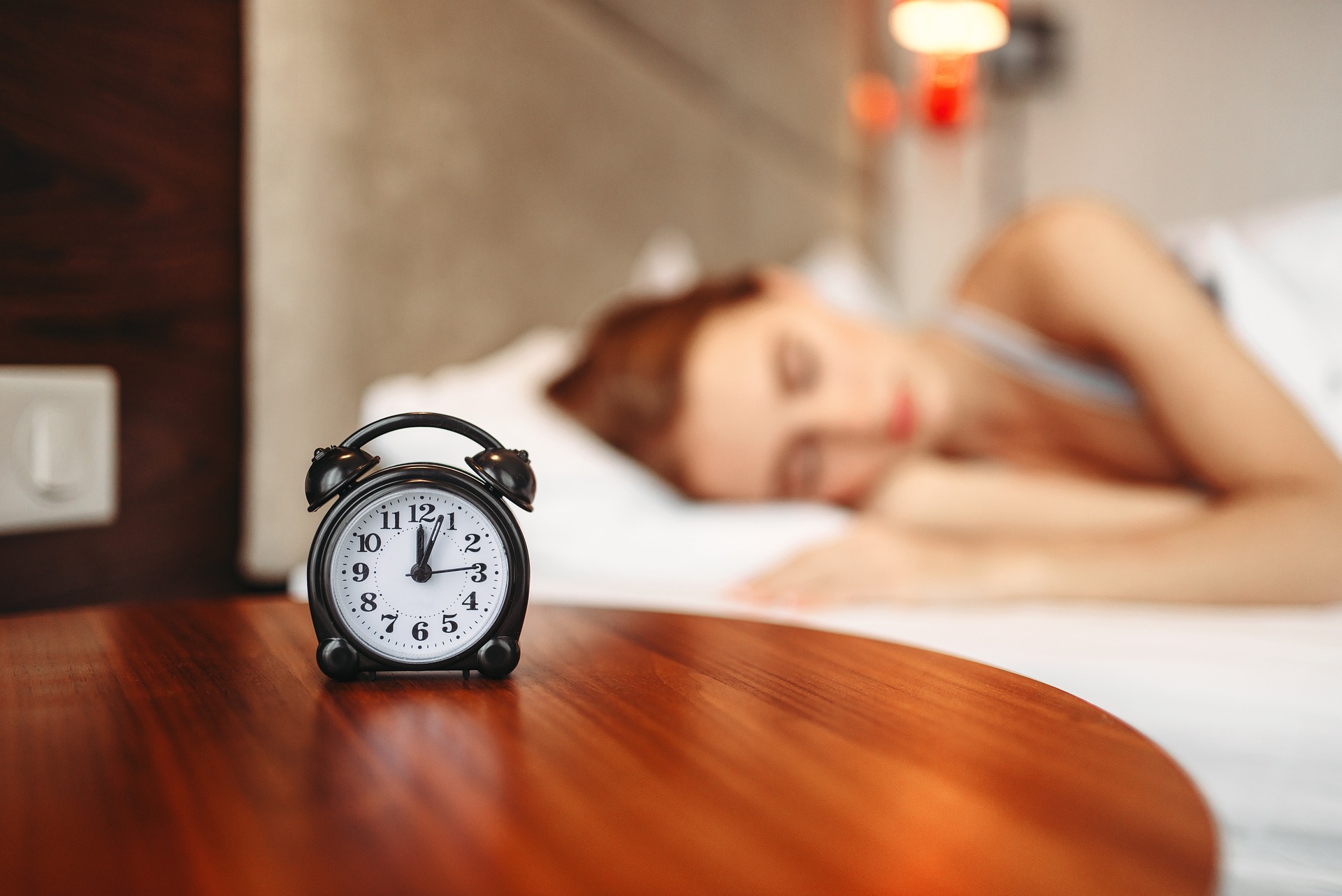Do you often struggle to fall asleep or stay asleep? You’re not alone. Getting adequate restful sleep is essential for good physical and mental health. This blog post will dive into a range of helpful tips that can help improve your sleep quality so that you can increase your performance and productivity at work, home, or school. With just a few simple tweaks, you can developing healthier sleeping patterns starting tonight!
1. Use Sensory Deprivation
One way you can improve the quality of your slumber is through the use of sensory deprivation. Although the approach may sound complicated, it can be as simple as wearing a suitable sleep mask. The best sleep mask on the market is comfortable and ensures no light is able to pass through. You may also choose to use blackout curtains to darken your room.
Another key part of improving your sleep quality through sensory deprivation is to remove distracting sounds from your bedroom. Remove noisy gadgets such as alarm clocks and cellphones that may disturb your sleep unexpectedly, especially if you don’t need to wake up early the following morning. If it is not possible or practical to remove these devices from your bedroom, you may consider wearing earplugs to reduce the amount of noise you hear.
By reducing your visual and auditory stimulation at bedtime, you can create an atmosphere that is conducive to restful sleep. Your ability to relax physically and mentally will increase as distractions are eliminated. Not only does this calm, quiet environment improve the quality and duration of your sleep, it also make it easier for you to fall asleep in the first place.
2. Limit Screen Time Before Bed
Before bedtime, it’s a good habit to limit your exposure to the harsh blue light of technology screens. This can be as simple as banning any device use within an hour or two before you’re due to sleep, or even just turning off the lights in your room. Reducing blue light exposure after dark helps signal to your brain that it’s time for rest and relaxation. This will set you up for a better night’s sleep overall.
If you absolutely have to read from an electronic device late at night, make sure you fiddle around with the brightness settings. Turn the brightness down to reduce the strain on your eyes so you can sleep better after you are done.
3. Develop A Bedtime Routine
Creating a comfortable bedtime routine can be incredibly beneficial for better sleep quality. Following a consistent set of activities before going to bed — including winding down and taking simple steps to reduce your stress levels — can lead to improved sleep duration and restfulness. Here are some tips for you can consider using in your bedtime routine:
- take a bath
- dim the lights
- practice mindfulness
- implement relaxation techniques
- read a book
- listen to calming music
- write in a journal
- get into comfortable clothes
- settle into bed
Adopting some or all of these habits will help to promote restful, recuperative sleep every night.
4. Adjust The Temperature In Your Room
Creating the ideal sleep environment starts with your bedroom. Keep it dark and at a comfortable temperature. If your bedroom is too cold, your sleep may be disturbed by your shivering or frequent visits to the bathroom. On the other hand, if your bedroom is too hot, you may toss and turn for the entire night.
If your bedroom doesn’t have a thermostat, you can regulate the temperature of the room by opening or closing a window, or using a fan. If those options are not available, you may regulate your own body temperature by being selective about the type of clothes you wear to bed and the thickness of the sheets you use to cover up.
5. Improve Your Diet
Eating an unhealthy and unbalanced diet can disrupt your body’s natural rhythms. This can make it harder for you to fall asleep or stay asleep. A healthy diet rich in vitamins, minerals, carbohydrates, and proteins provides nutrients the body needs to work during the day and repair itself at night. Also try to avoid large meals and caffeine late at night so that you can fall asleep sooner.
6. Be Physically Active During The Day
Regular physical activity boosts your energy levels throughout the day, which can help you feel exhausted and ready for a restful sleep when nighttime rolls around. Additionally, being active during the day will have a positive influence on your body’s circadian rhythm, so it knows when it’s time to wind down and prepare for bed.
It is important to understand that physical activity don’t have to be grueling workout sessions. You can take a stroll in your neighborhood instead of scrolling on social media. You can also go outdoors instead of watching Netflix. Even simple movements like stretching or doing a few necessary house chores are enough to make a difference in how well you snooze later on.
Incorporating a few of these activities into your daily routine can help you achieve better quality sleep and wake up feeling more rested. So remember to limit your screen time before bed, develop a consistent bedtime routine, adjust your sleeping environment, improve your dietary choices, and remain physically active during the day. If you do, you will improve your sleep, your physical health, and your mental health in a major way.


